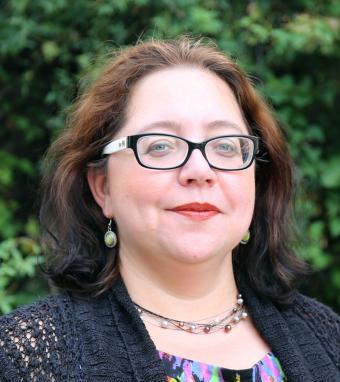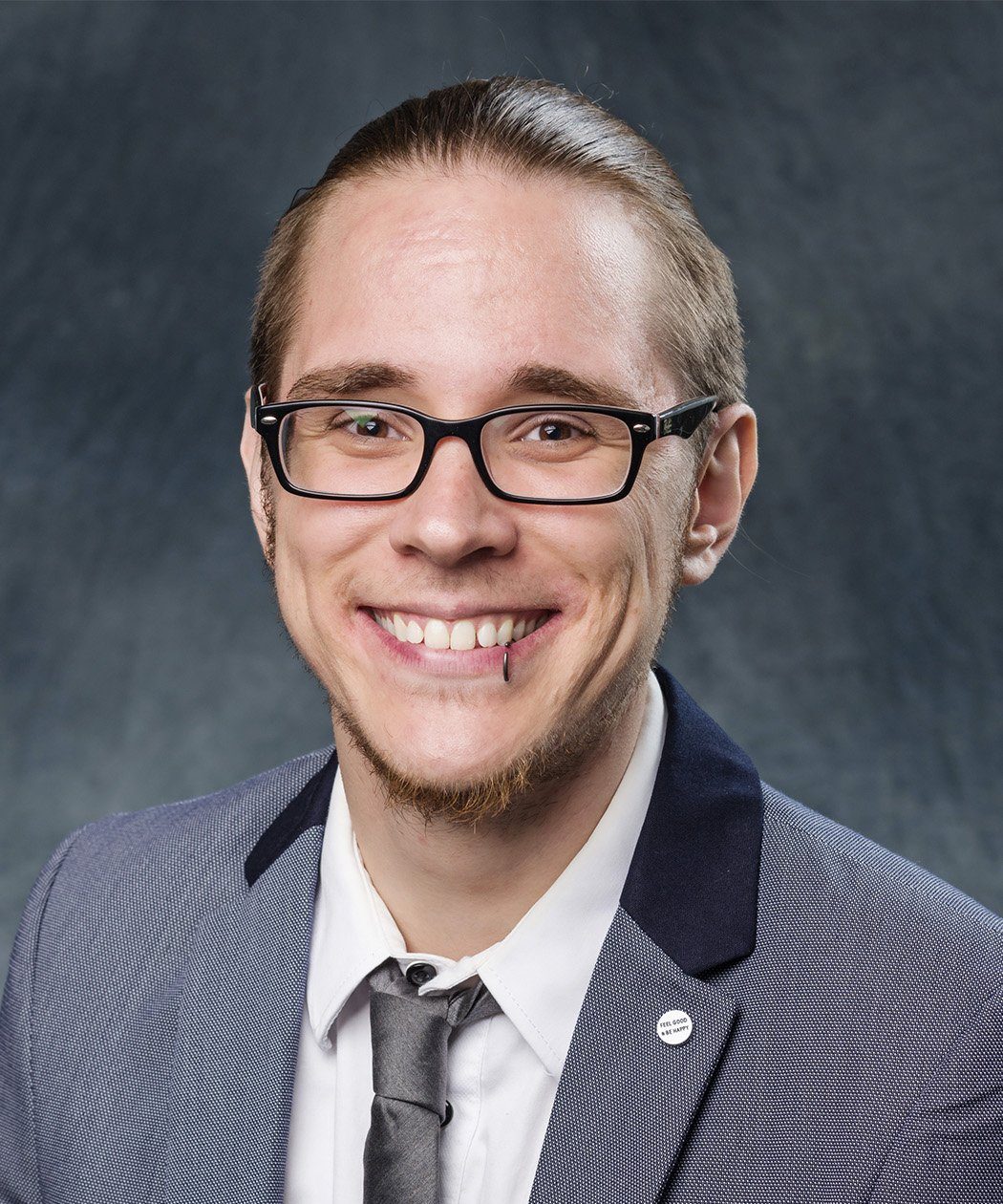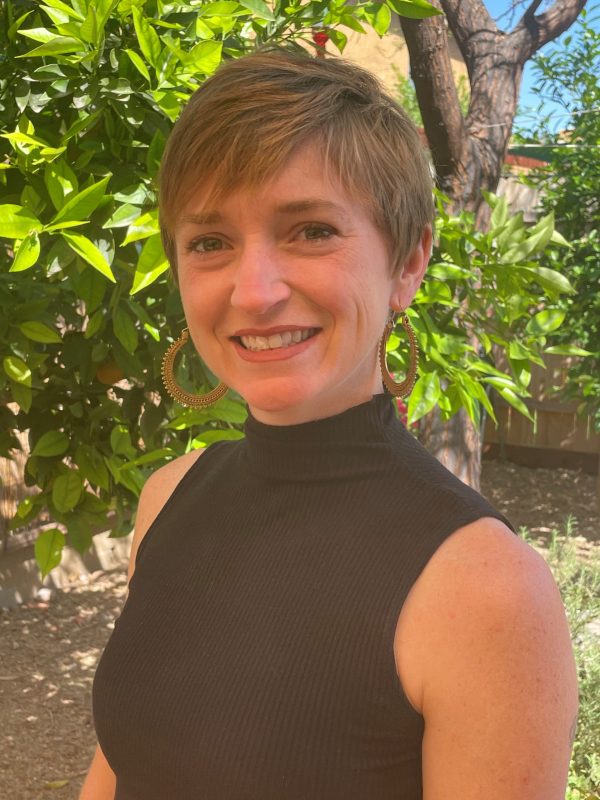We are pleased to announce the recipients and funded research projects in two CERCLL fellowship programs with awards for Faculty made in Summer 2021 and a Graduate Fellowship for Fall 2021. Congratulations to Dr. Liudmila Klimanova, Dr. Kris Knisely, and Jessica Tiegs.
CERCLL Faculty Research Fellows:
Liudmila Klimanova, Assistant Professor, Department of Russian and Slavic Studies

Equity-Mindedness and Inclusion in Online Language Instruction: Teacher and Student Perspectives
Do teachers and learners have similar or disparate notions of inclusive and equitable language teaching practices? The emergency transition from face-to-face to remote teaching in response to the COVID-19 pandemic in Spring 2020 has posed serious questions of equity and access to online learning opportunities for all language learners in online instructional contexts. Since then, instructors have been struggling with creating learning environments which can accommodate different learning styles and socio-economic statuses, but also are responsive to varied student attitudes and perceptions about the effectiveness of language learning. This study will investigate students’ and teacher’s perceptions of online practices from the perspective of equal opportunity, equity, and inclusion, focusing specifically on Russian language programs.
Kris Aric Knisely, Assistant Professor of French, Department of French and Italian

Benefits of Inclusion, Challenges of Resistance: Gender-just Language Teaching
Educators are increasingly recognizing the critical impetus to engage with gender in expansive and inclusive ways. However, a paucity of training and materials specific to trans-affirming language pedagogies persists. Inadequate supports are exacerbated by a lack of empirical investigations into whether and how gender-just language teaching may contribute to the development of intercultural, symbolic, and linguistic competencies. To respond, this project proposes the creation of the following open educational resources based on the analysis of two years of classroom data: (1) a non-language-specific starting guide to proactively planning for resistance to teaching inclusive language, including an infographic about the benefits of teaching inclusive language forms, and (2) French-specific infographics on inclusive language forms and communication strategies. These will be coupled with a peer-reviewed journal article submission that establishes an initial understanding of any relationships that may exist among teaching inclusive language forms and the development of the aforementioned competencies.
RESOURCES RESULTING FROM THIS PROJECT: See the Gender-Just Language Education Project.
CERCLL Graduate Fellow:
Jessica Tiegs, PhD Candidate in Hispanic Linguistics

Comparative Romance Development and Variation
The proposed project creates both material for a specific course that compares development of Romance languages and their synchronous patterns, and a course shell to be used for the teaching of any number of comparable languages. At the University of Arizona and at many other universities, Romance languages are taught separately, with little purposeful connection between these very similar languages and their respective departments. This course will bridge the separation between these languages and create a curriculum that presents comparisons and contrasts in a holistic light while including other, lesser-studied Romance languages that are commonly left out of undergraduate curriculum. While Spanish, Portuguese, French and Italian are commonly available, little mention, if any, is given to languages that nonetheless are prominent in Romance linguistics literature, such as Catalan, Galician and Romanian. The goal is to teach those majoring in a Romance language the commonalities in the development of these languages so that students can better understand synchronous patterns and similarities among them, as well as make connections between communities of people. As all languages share a history with some others, this course could easily be adapted to the teaching of other sets of related languages. These courses aim at teaching students to think about language in comparative ways, both diachronically and synchronically, allowing them to make connections between languages, broadening their understanding of language use and development in general.
For further details about these programs and links to previous projects that they funded, click here for Faculty Fellowships and click here for Graduate Fellowships.
With gratitude to the funders of the CERCLL Fellows programs, including the University of Arizona’s College of Humanities, and the Office for Research, Innovation and Impact.

